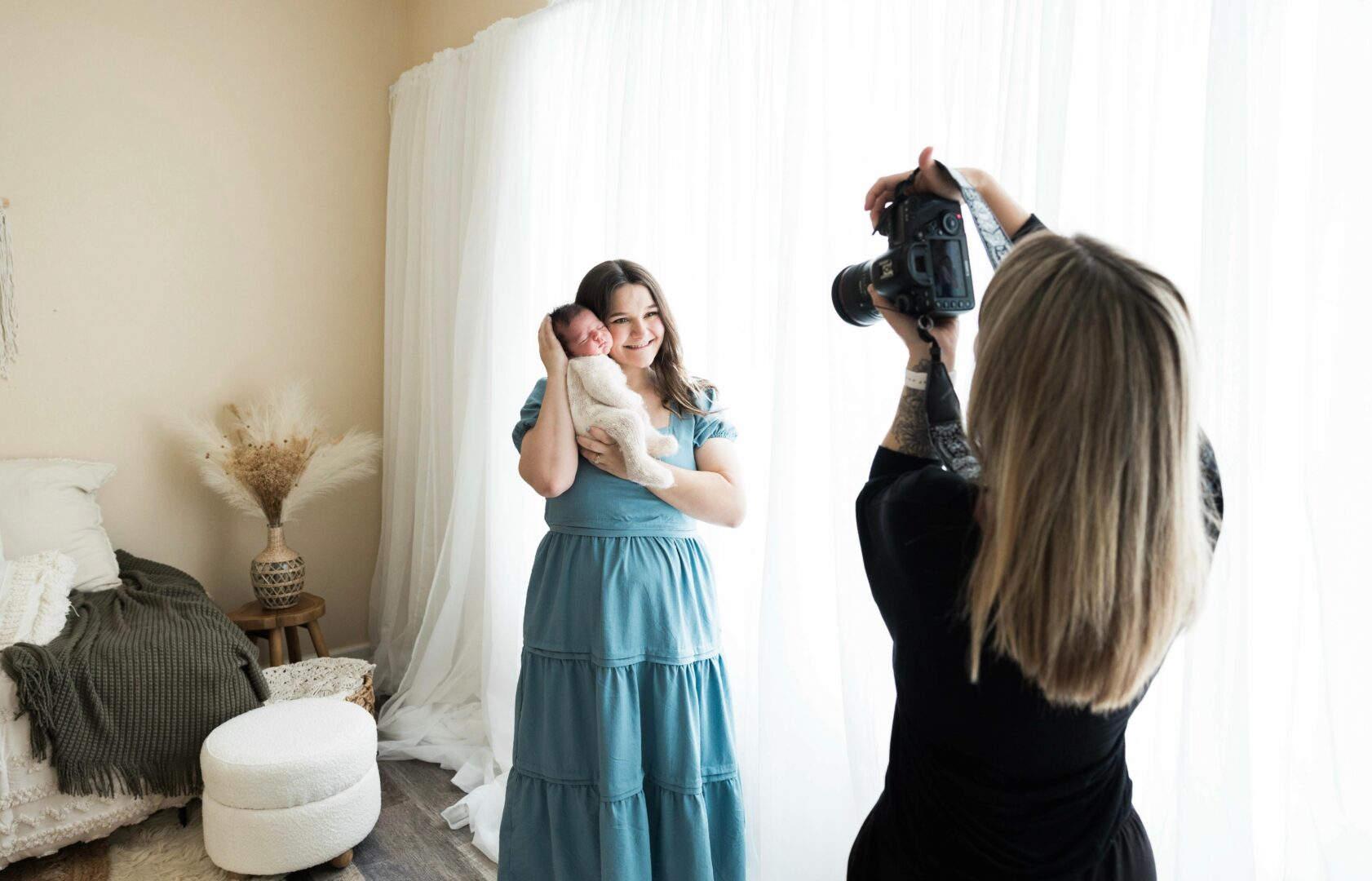Self-doubt and imposter syndrome have stopped far too many talented folks from going for their goals and reaching their true potential. Our hope is to host conversations that inspire folks to overcome imposter syndrome and help others as well.
Jeff Daugherty
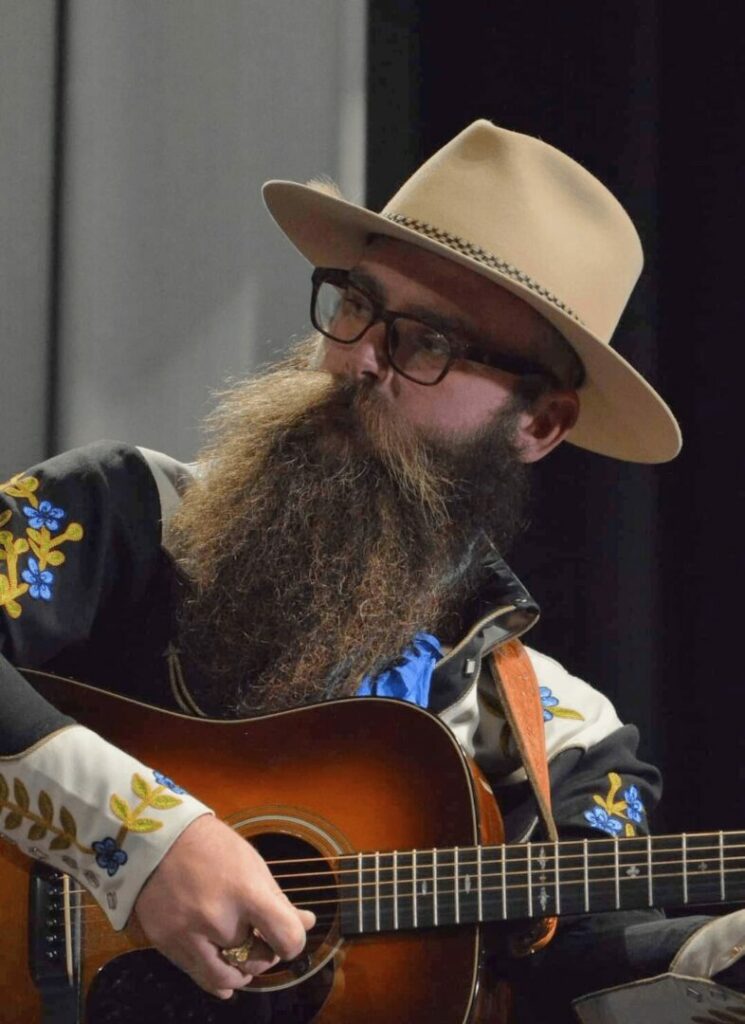
I constantly overcome imposter syndrome by pushing through! Trusting the process, regardless of what’s in the immediate view. Whenever the dark cloud of self-doubt and wondering if I belong come up, I know that something bigger, better, and brighter is just over the horizon. That’s when I put my head down and hit it harder. PUSH THROUGH! Read More>>
Ben Albert
I didn’t beat imposter syndrome; I out-repped it. I used exposure therapy in small doses: publish before I feel ready, short live sessions, one outreach a day. I tracked micro wins for quick dopamine and real proof. I improved one tiny thing daily so confidence could compound. The mindset shift was simple: I’m good enough to start now, and with consistent reps I’ll only get better. Read More>>
Amber Reda
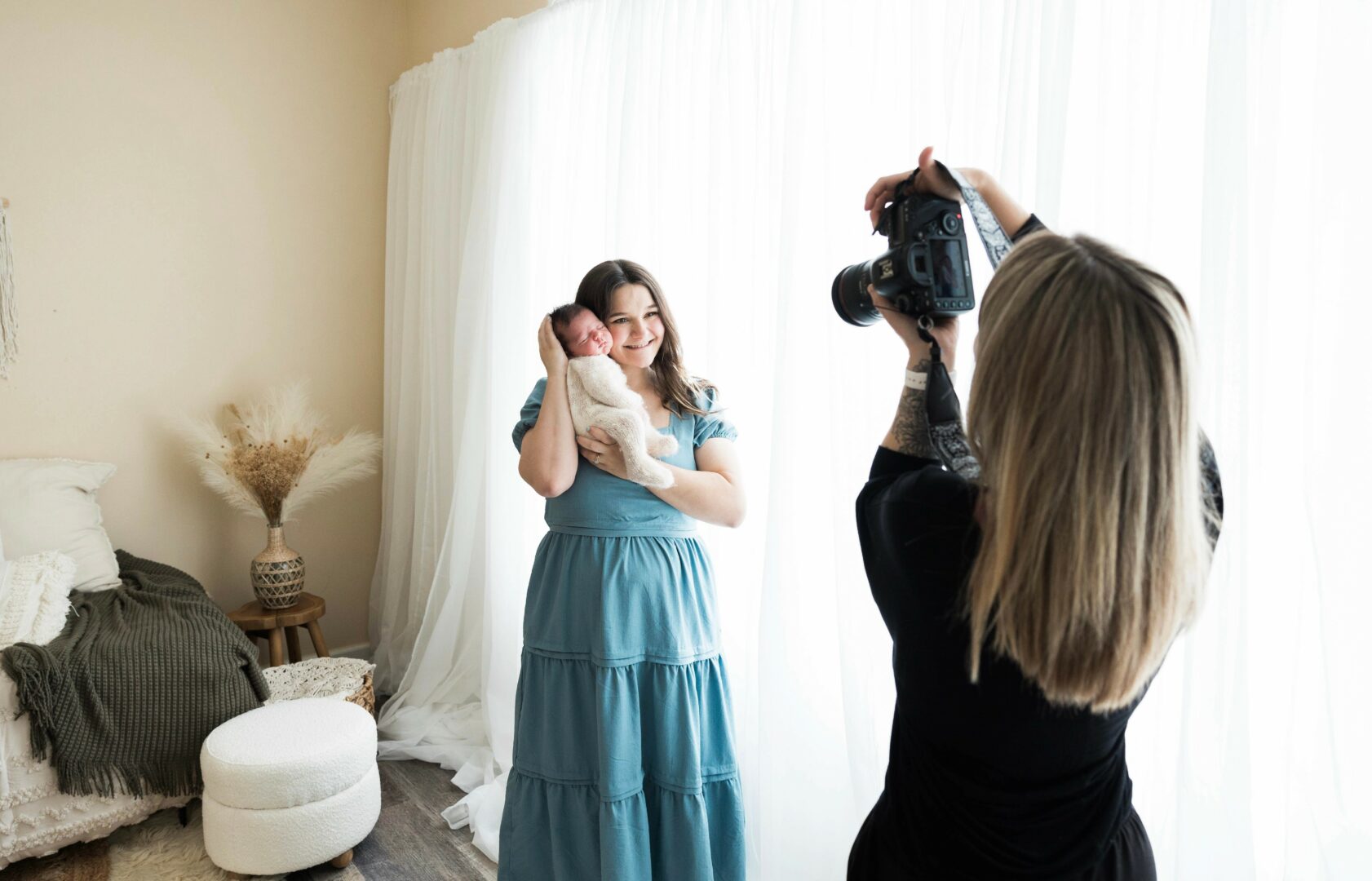
I picked up photography as an adult, so in the beginning I did feel like an imposter at times compared to those who have been doing photography their whole lives. I’d question if my work really was good enough. I turned my focus to progress and self growth instead of comparison. Over time, seeing my clients’ reactions to their images and returning business gave me the confidence that I was bringing real value, even if my path into photography was different from others Read More>>
Sirai Farah

For someone who stumbled into entrepreneurship by accident, imposter syndrome was something I felt often! Even when my results were proving otherwise. In the early days, every new level brought a sense of “do I really belong here?” Read More>>
Ax Stinnett

I spent much of my life concerned that I didn’t entirely fit into any group I was included in. I’ve remained open to trying new things and connecting with people that have other interests than my own, and THAT has led to having a wildly diverse group of friends. I remember trying to fit in with the “cliques” in high school, and always being welcome in their groups despite not being “one of them.” It wasn’t until adulthood that I began to realize that “standing out” Read More>>
Lara Eve Kempke
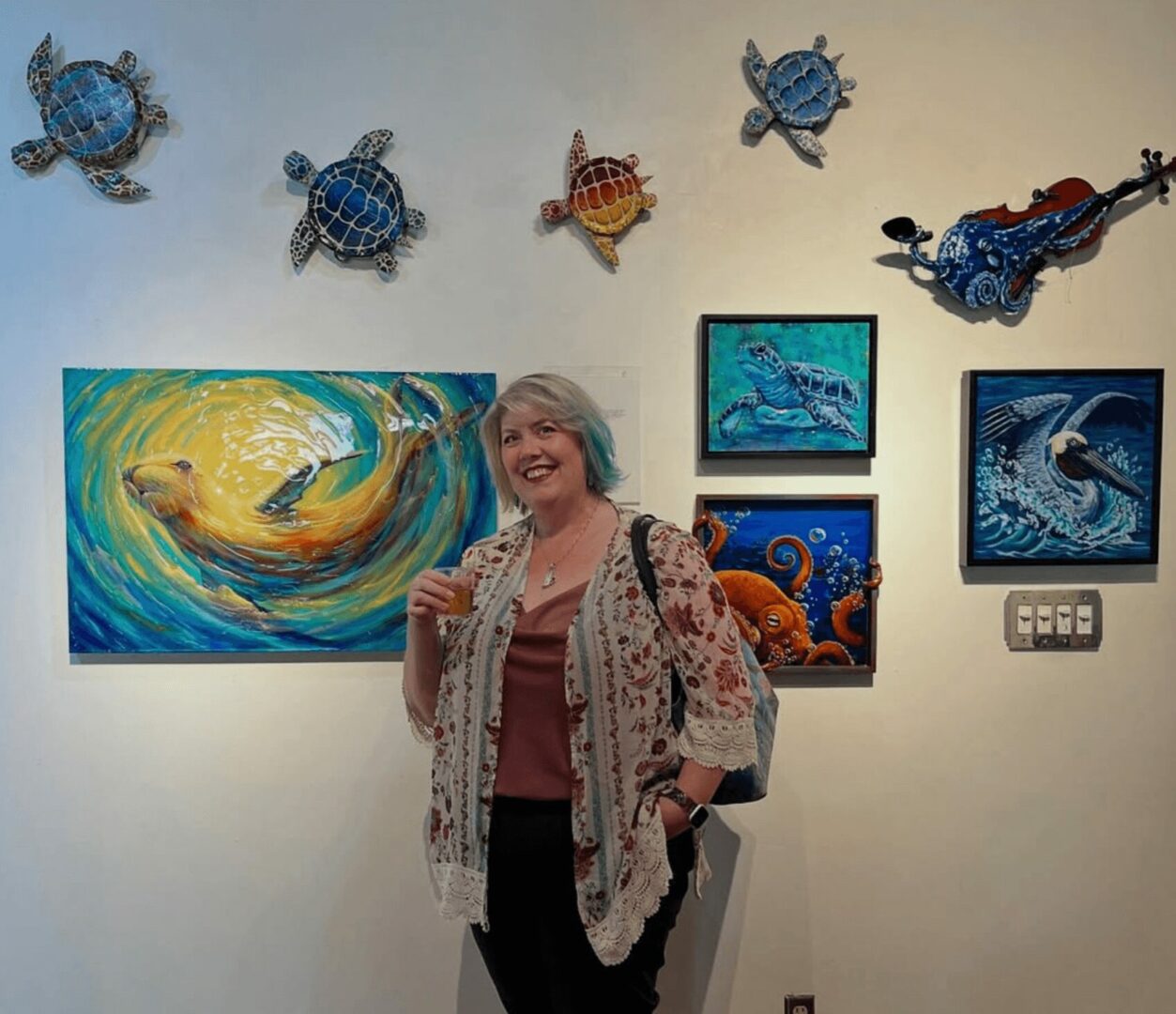
I honestly don’t think I’ve overcome it! It’s still there…but I have learned to turn down the volume on that voice that tells me I don’t know what I’m doing. It took years before I could call myself an artist without feeling like a fraud. I can’t pinpoint a particular moment when that shifted, I think it was a case of “fake it till you make it” until gradually I accepted that as my identity. It’s sort of a feedback loop–I started claiming the identity I wanted even though it didn’t feel like mine yet, which meant I started taking risks and trying to push my skillset, which made me feel more like I was earning that identity, which meant taking MORE risks. Read More>>
Mallory Hubbard
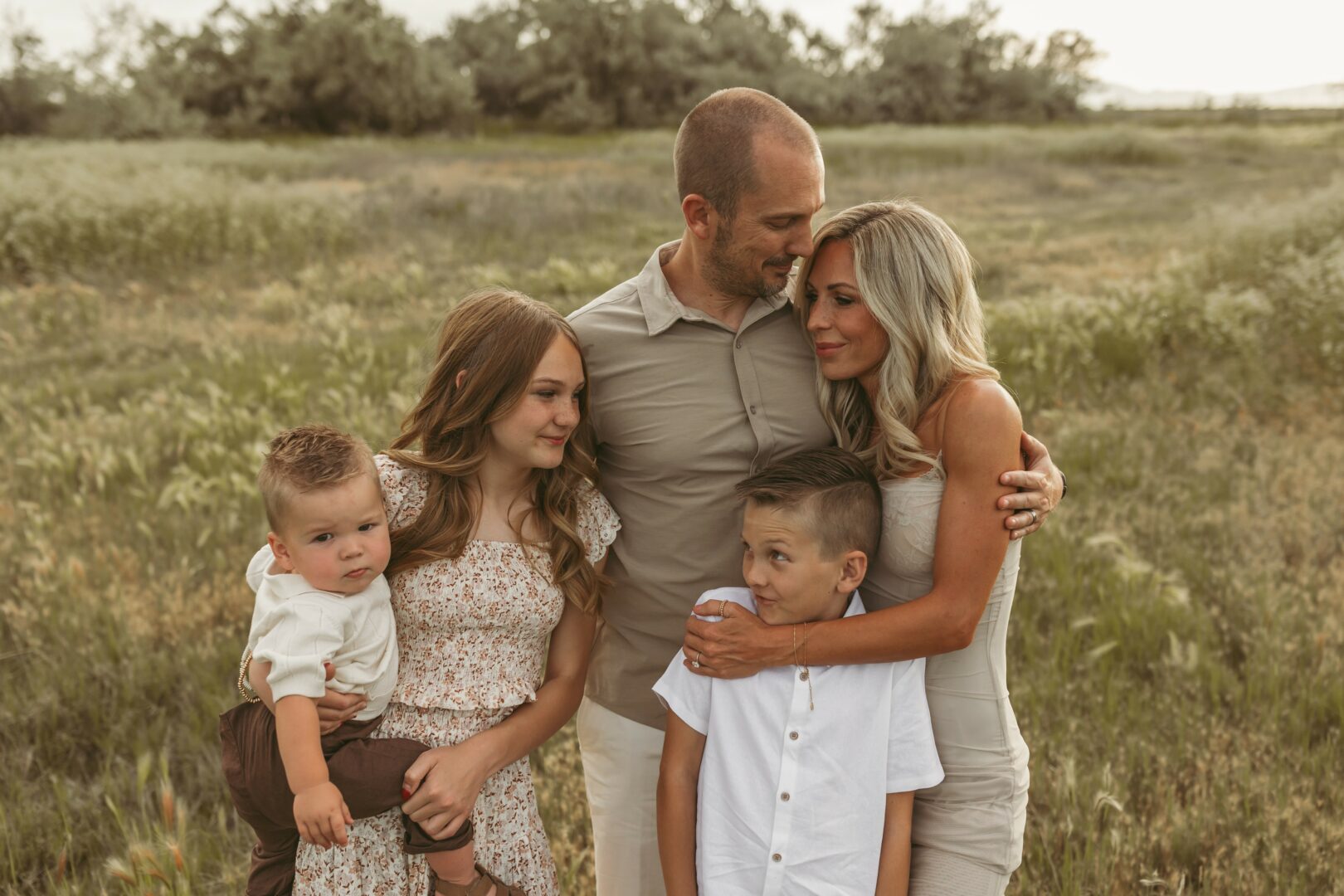
In the beginning, imposter syndrome felt like this impossible standard in my head that I would never move past. I’d accomplish a personal goal or book that dream client and think that feeling would now finally drown out. Instead it became louder, a voice always whispering that I wasn’t “ready” or “good enough” or “what were you thinking, you can’t do this!” Read More>>
Deborah Parker Wong
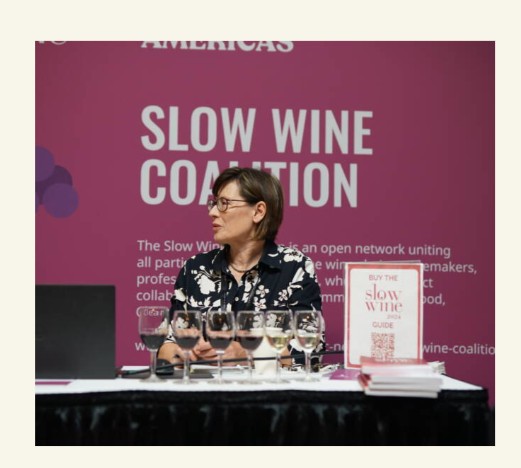
As a journalist, I’m constantly learning as I pursue my professional activities but I’m usually engaging with professionals who are better educated and very successful in their fields. Over time, this scenario began to undermine my confidence in a number of ways. For example, I write a column for a trade publication about sensory awareness and perception as it relates to wine. Over the last six years I’ve covered some very profound topics in a way that makes the information accessible to readers who are not trained scientists. Read More>>
Penny Schneider
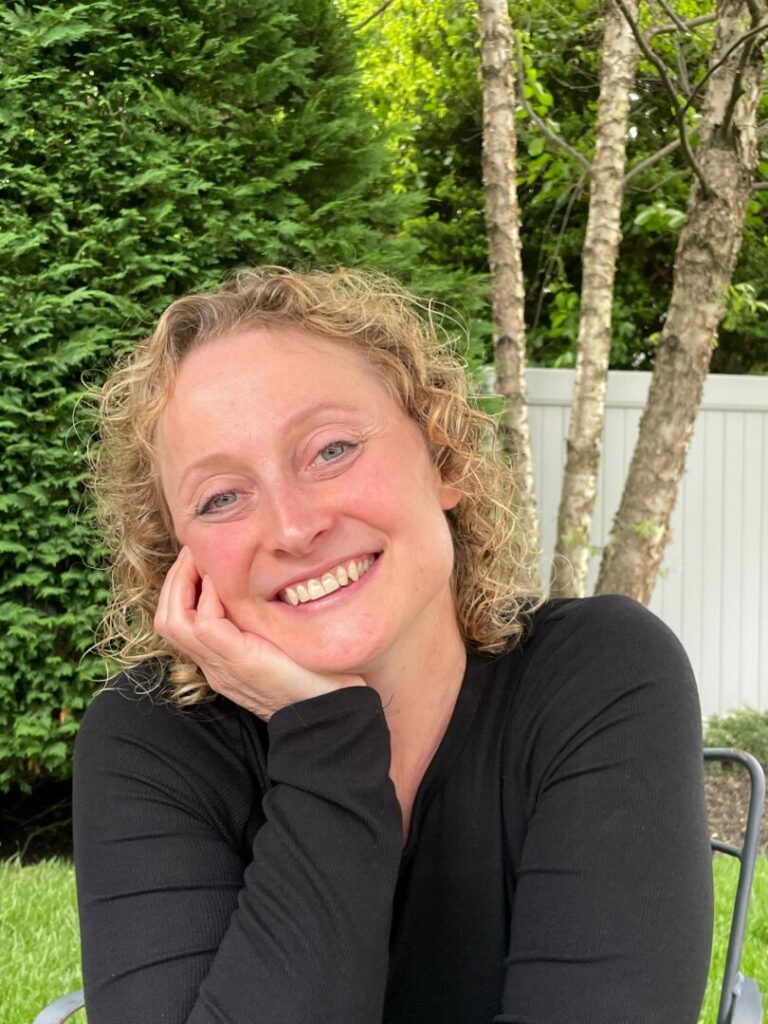
Overcome it? This makes me laugh. I’m not sure I ever will be completely over it, but…. What helps me is when I see the effects my work has on others. When I am doing a read aloud and my audience laughs loudly at all the “right” parts. When kids come to my events hugging their book and tell me how much they love it. When kids excitedly add their illustrations to the draw in pages of my book because they want to add to the story too and my artwork inspired them. Read More>>
Brianna Shelko
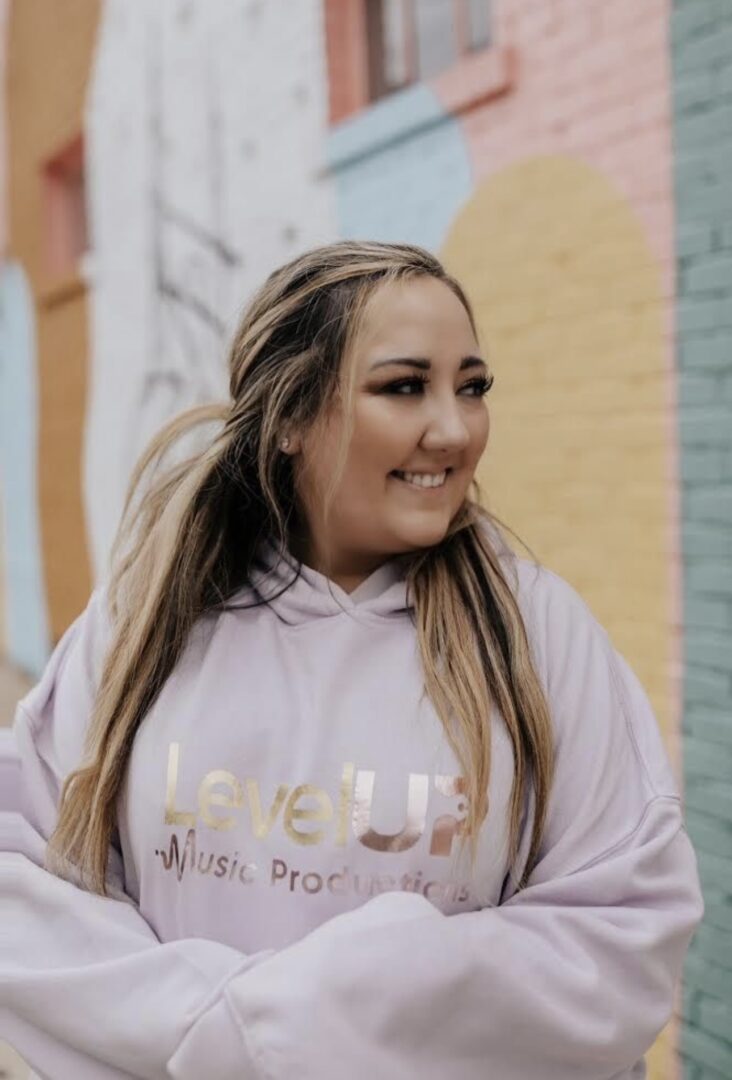
For me, imposter syndrome showed up early — especially since I started writing songs at just 7 years old. I often felt like I had to “prove” that my work and ideas were valid, even as I gained more experience.
What helped me overcome it was shifting my perspective. Instead of comparing myself to others or waiting for permission to call myself a “real songwriter,” I started focusing on the impact my music had on people. If a song connected with someone, if it moved them, if it told their story in a way that resonated — that was the validation I needed. Read More>>
Al Bowman
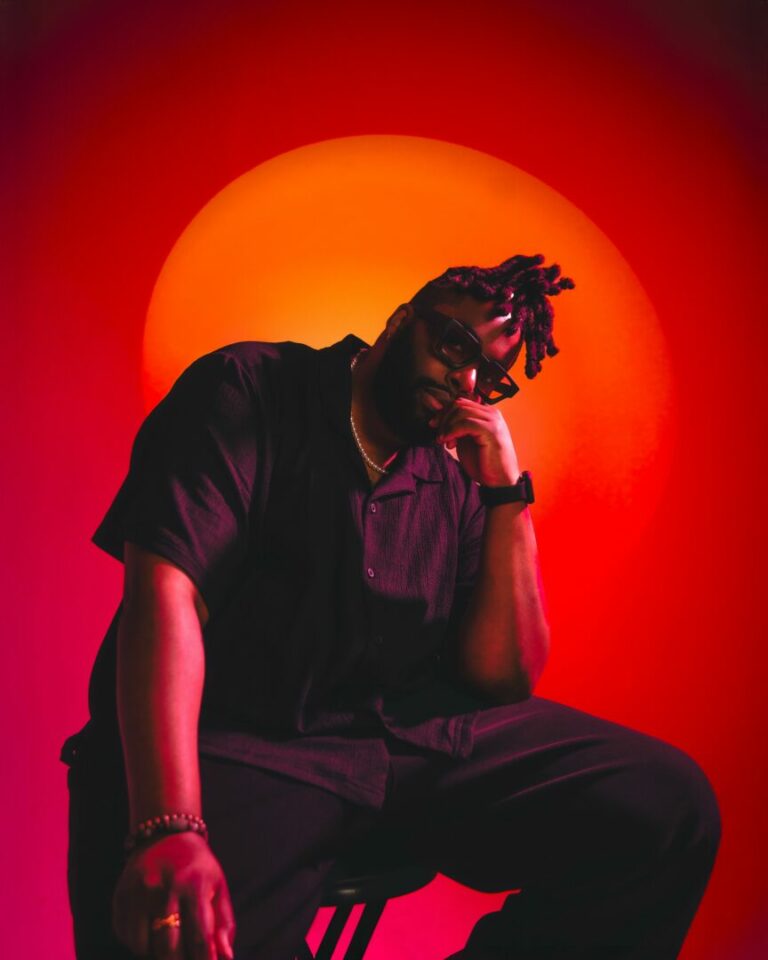
I overcame imposter syndrome by building confidence in my work as well as myself. When I put myself out there and became open to critique, it made it a lot easier to accept the positive along with the negative. Often times, we don’t want to hear the negatives or the cons associated with our product when that’s actually what we need to grow and overcome obstacles. When I stopped being afraid of thoughts and opinions, I became more comfortable with putting myself out there and since then, I can’t be told I don’t belong in any space that I care to occupy. Read More>>
Ami Jalloh
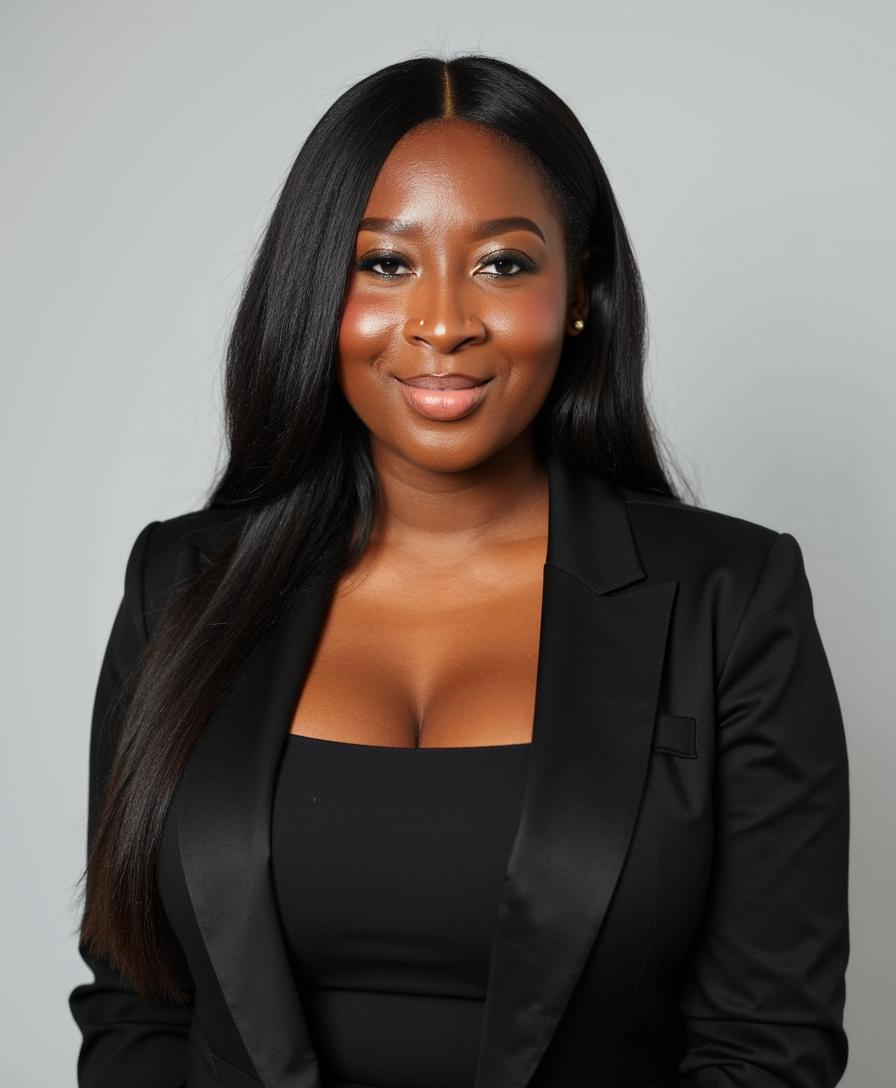
I don’t think I ever fully “overcame” it. I just learned how to manage it so it doesn’t hold me back. Early on, I used to think imposter syndrome meant I wasn’t ready or didn’t belong in the room. Now, I take it as a sign that I am growing, because if I were comfortable, I probably wouldn’t be pushing myself enough. Read More>>
Sagnik Sengupta
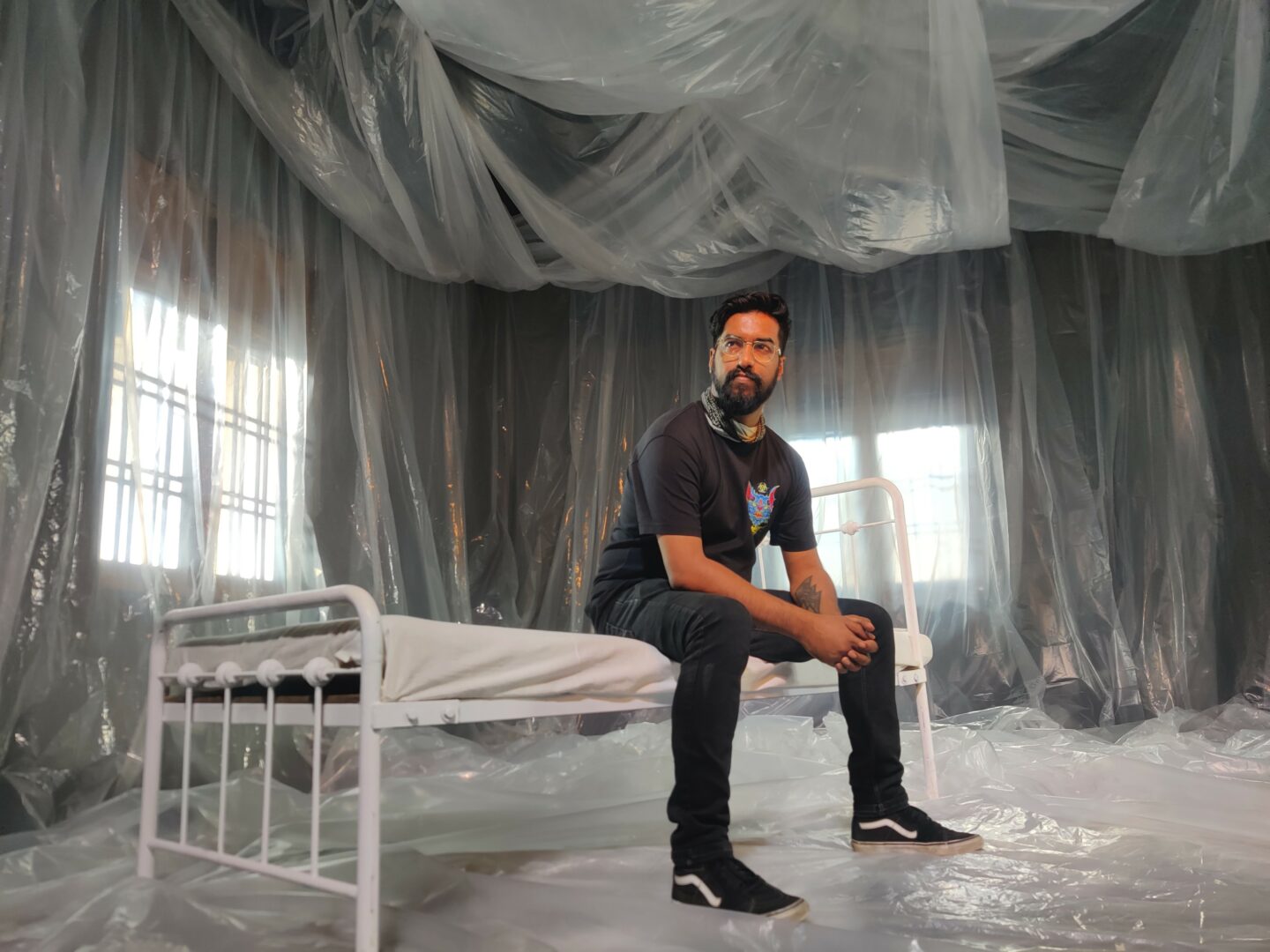
I don’t think I’ve completely overcome imposter syndrome, it still comes and goes. Whenever I see a new motion design piece or visuals that truly impress me, I find myself wondering if I could pull it off. I’ll often look up the artist, feel a mix of awe and curiosity, and think, I need to step up my game. It’s like a healthy form of competition. Read More>>
Acoya Dioquino
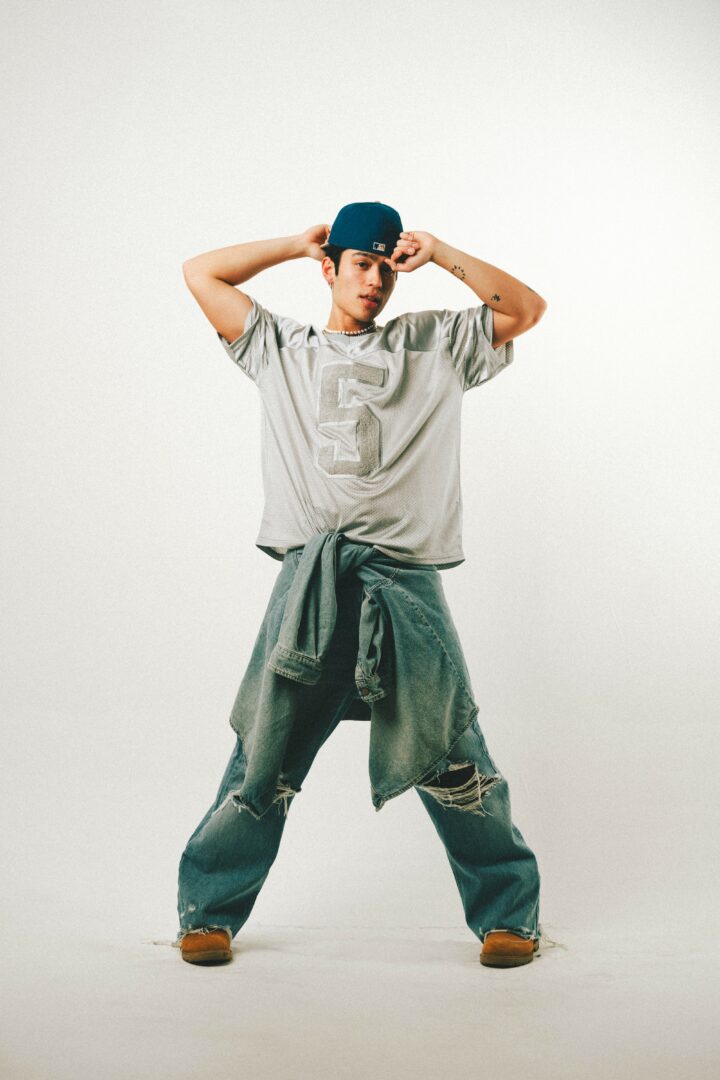
From my experience, I don’t think imposter syndrome is something that can be completely overcome. I definitely think there’s a debilitating factor to imposter syndrome, but I also think it’s a line of thinking that can help you grow, especially as an artist/creative. Even at the highest level, there are so many stories of people who still have imposter syndrome and feel like they haven’t earned where they are or still have much more to go. I think some people are just better at controlling it and not letting it hold them back. Read More>>
Sarah Straus

Imposter syndrome and I go way back. After 13 years as a stay-at-home mom supporting my Navy husband and raising our kids, I decided to return to work—as a therapist. Before I had kids, I worked in higher ed, and I loved the counseling side of that work. That’s what pulled me back in. I dusted off my Master’s in Counseling, got my associate number, and reached out to a private practice that (miraculously!) took a chance on me. I’m still grateful. Read More>>
Gene Desrochers

I didn’t. I just do things anyway and live with feeling like an imposter much of the time. I do like to talk about the things I enjoy. Getting caught up in something I’m excited about, like writing stories or playing tennis, provides me with the feeling that I love this thing enough that I’ll do it even if I’m not great at it. That desire feeds a desire to develop sharper skill. Not matter how good I get at things, I still feel like I suck, however, the fact that I constantly feel inadequate feeds into me not being satisfied with whatever level I reach. Read More>>
Kelly Moscinski
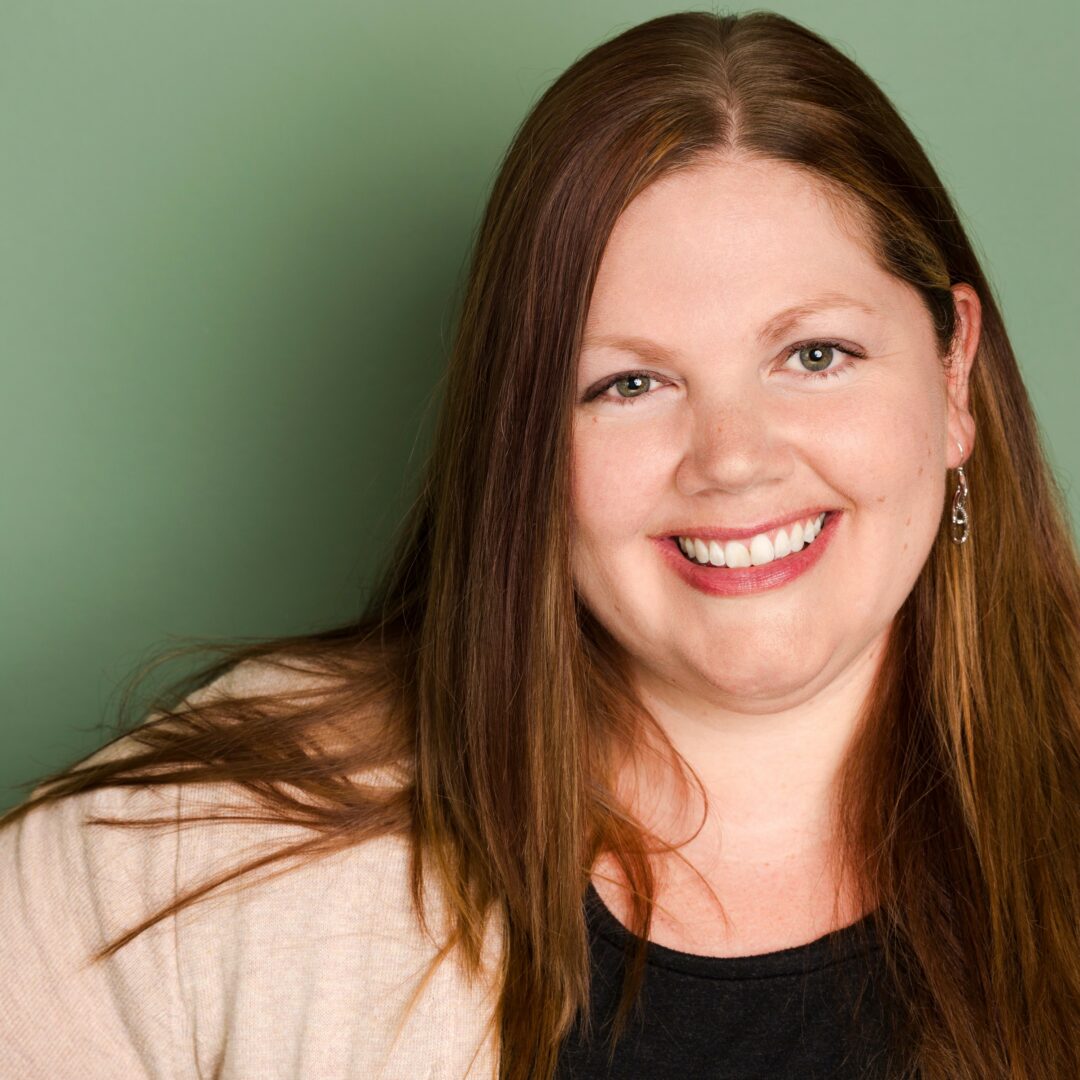
I still remember standing in the recording studio early in my career, looking out to a lobby full of industry veterans. These were people whose résumés and reputations seemed far more impressive than mine could ever be. And there I was, silently wondering, “Who let me in here?”
That voice in my head, the one I now lovingly refer to as my “pessimistic co-pilot,” was loud back then. It told me I wasn’t experienced enough, smart enough, or just plain “enough” to deserve my seat at the table. But here’s what I realized: no one else in the room was questioning my right to be there… only me. Read More>>
Fran Jazzan
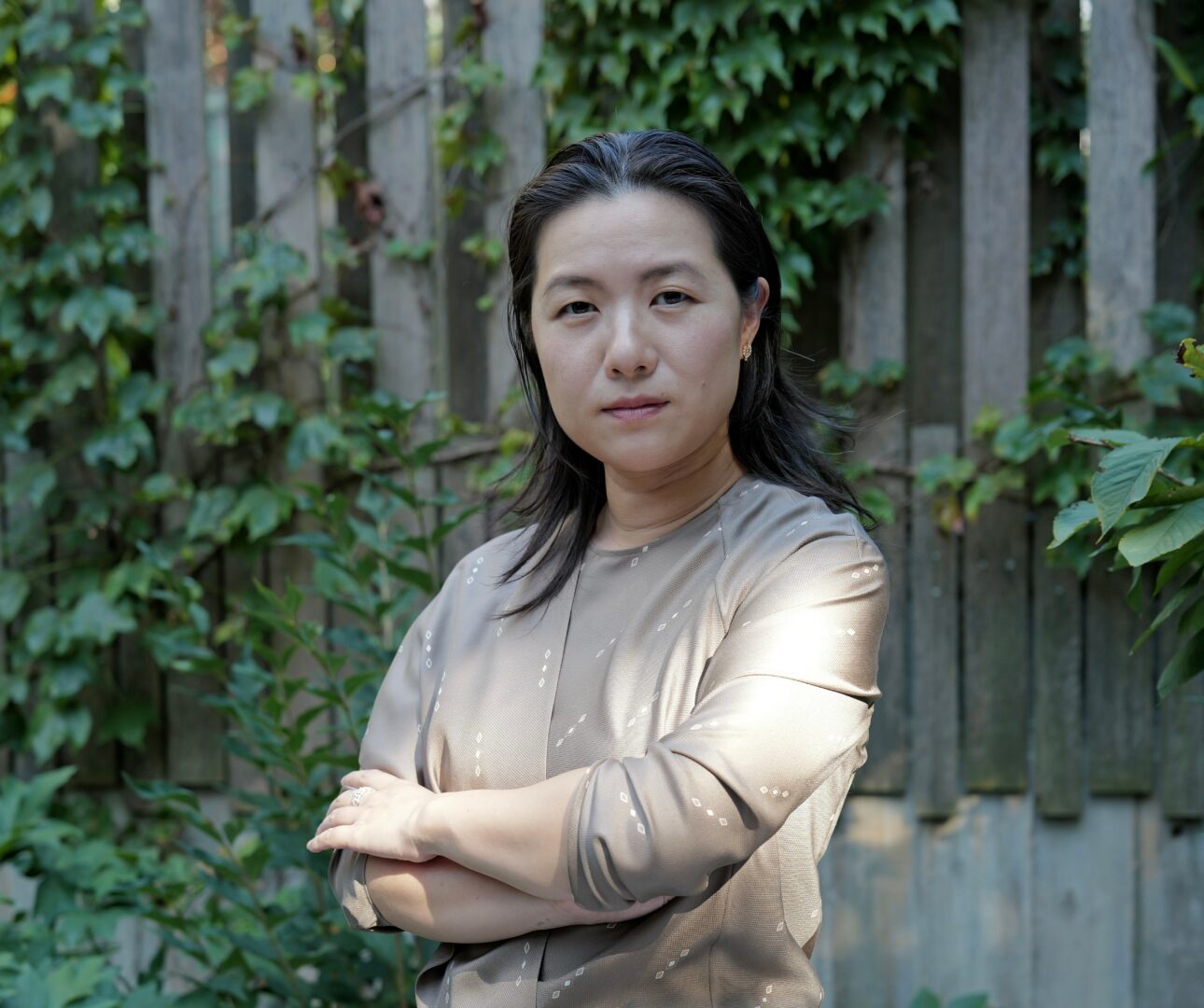
“I worry my son won’t survive at a top school—none of us even graduated college.”
A parent said this to me during weekend counseling at a Bronx high school, and it landed like a punch. Sixteen years ago, I was seeing the same pattern everywhere—kids unsure how to start essays or applications, public schools with counselor-to-student ratios near 1:600, families quietly wondering whether they even belonged in the conversation. As a first-generation immigrant, I’d carried that doubt into boardrooms, job interviews, and admissions panels. Sometimes parents questioned whether I was the right fit—understandable, given how personal this work is—but hearing my own inner critic echoed back was sobering. Read More>>
Cathryn Carter
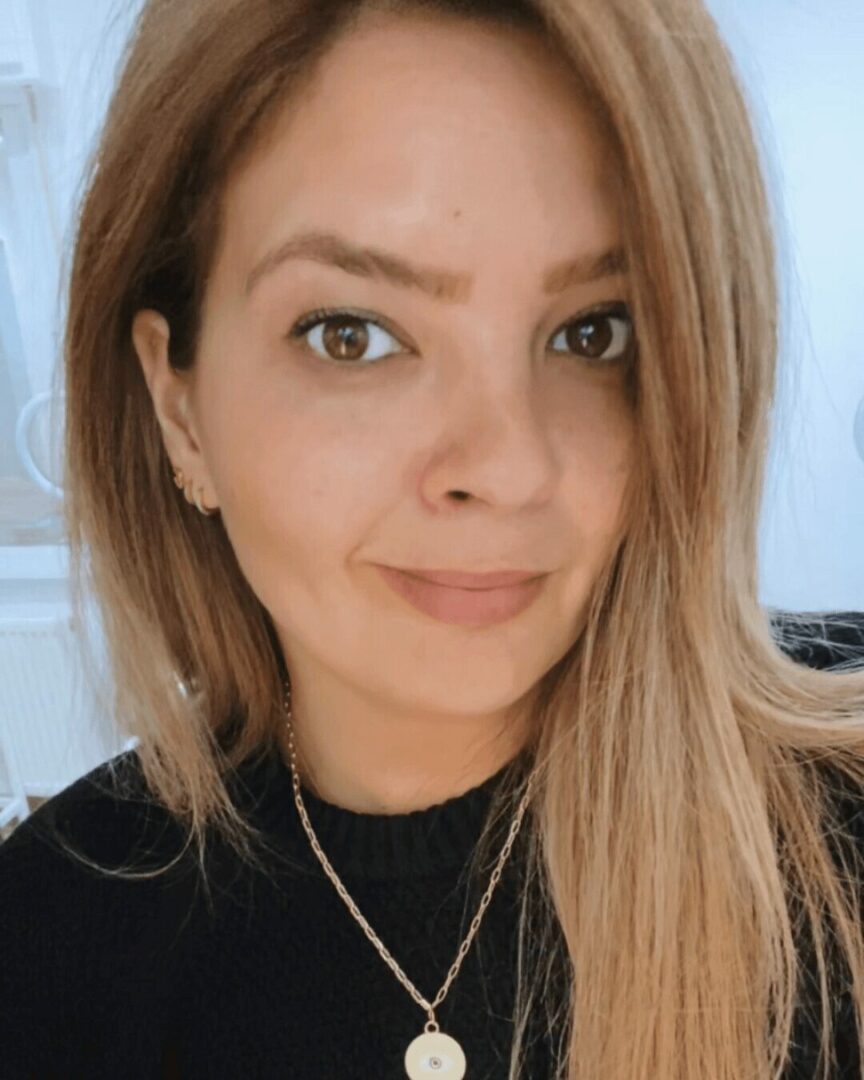
It’s bold of you to think I have overcome imposter syndrome even after publishing six novels! The truth is, when it comes to imposter syndrome for creatives of any kind, particularly in publishing when so much of our marketing involves being connected deeply with our readers, it comes with the territory. Read More>>
OHGEE
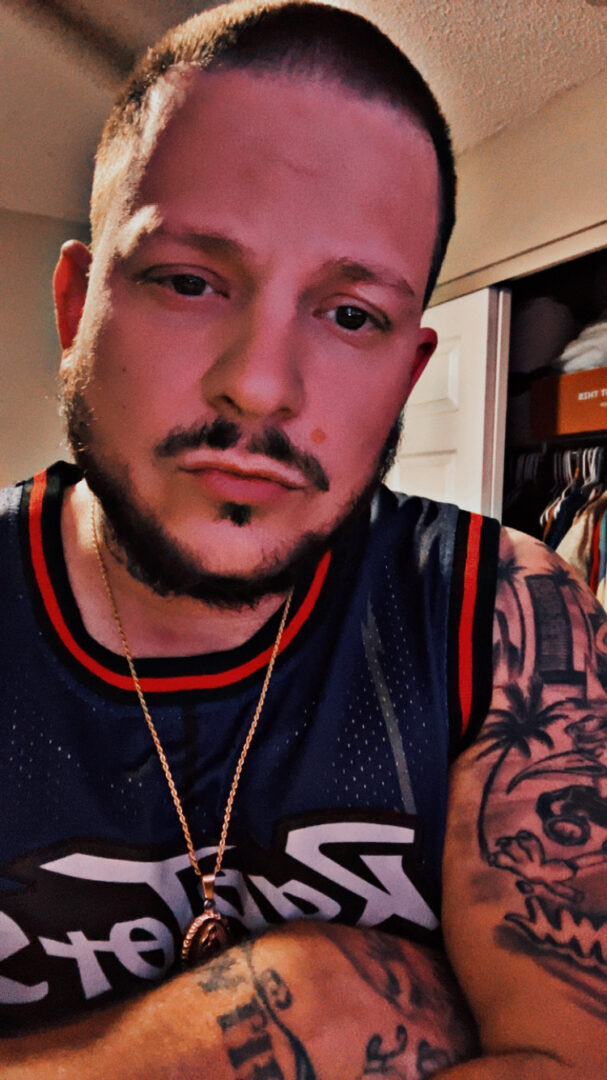
Iam confident in myself I never self doubt what iam capable of. My biggest issue in the music is Iam too real and I just get alot of people judging me or hating on me because they think I just woke up one day and decided to pretend to be this street dude that can rap. Little do they know iam just being 100% me and sharing my life experiences through my music . Then you got all the people that know me out on the streets from growing up and instead of standing behind me and supporting it becuz they literally know my music is my life and iam just being OHGEE ,they rather keep their mouth closed ignore my posts never support it or have my back. Read More>>
Vndre Ford
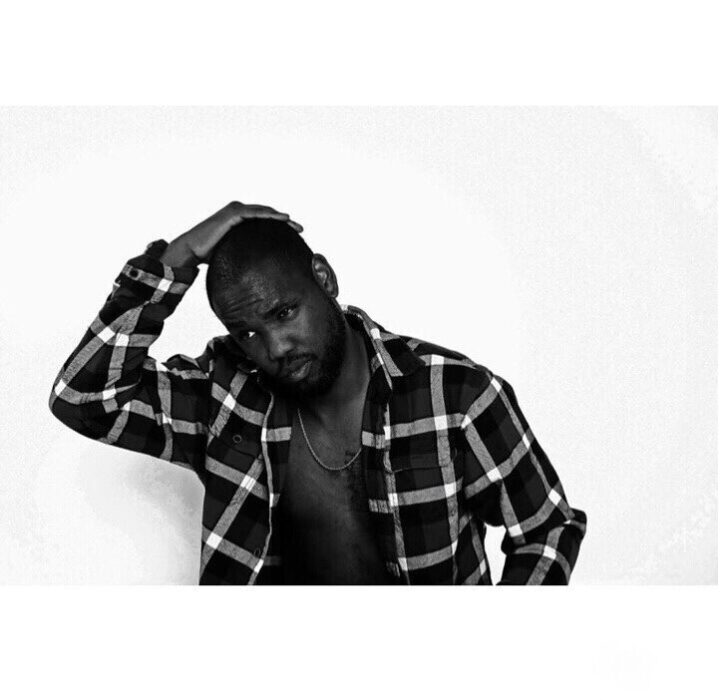
Do you ever really not feel like an imposter? Just speaking for my experience, I just keep death in mind. Meaning, the worst thing that could happen is I die. Anything else is…extra. If you’re scared, that’s probably a good thing because it means you care. Scared? Cool, do it scared, because you never know how this thing could go. It’s funny because all the paintings I think are too out there for the audience, those are the ones that usually have the most impact on the viewer. Read More>>
Elizabeth
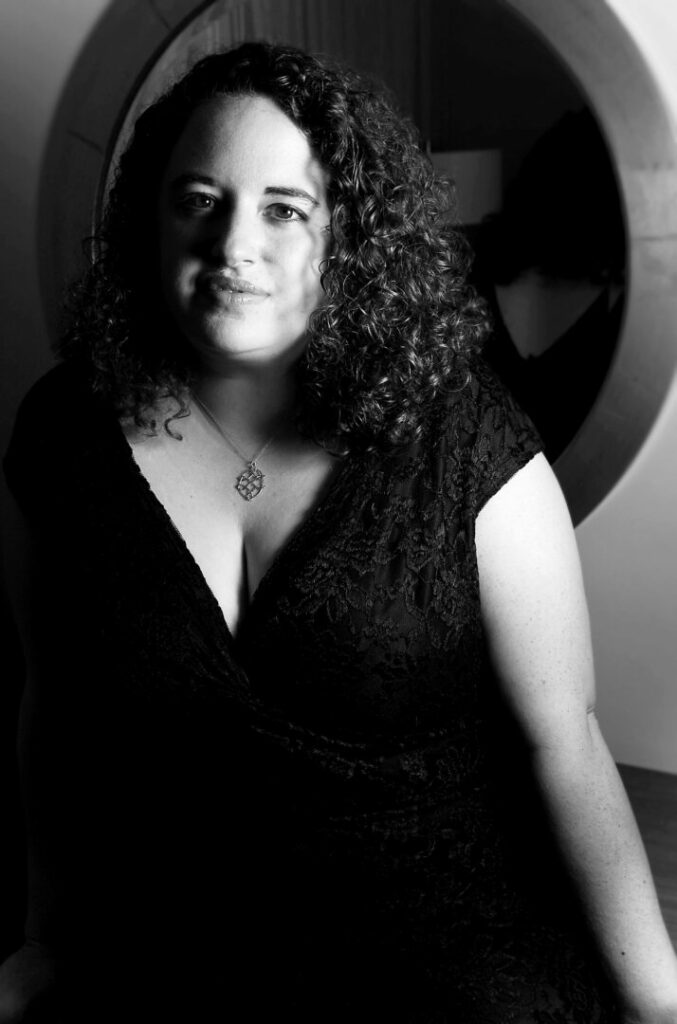
No one ever actually overcomes it. You just learn to write through it. Once Harlan Ellison told a story about sitting on a deck with Steve McQueen, and McQueen confessed to him that he regularly gets this dream where someone comes to his door and says he wasn’t supposed to have any of this: not the money or the movies or the family or the house. It was all supposed to go to someone else and they’ve come to take it all away. Read More>>
Raymond Vogel
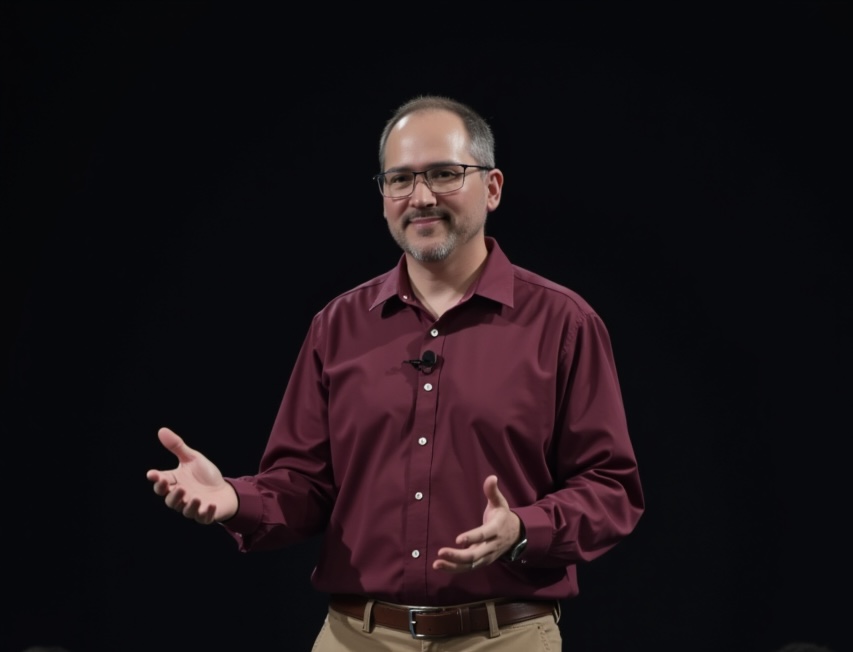
Starting a business is intimidating. There are so many hats to wear – strategic planner, accountant, contracts and purchasing, salesman, product developer, graphics, website builder, social media, Human Resources, IT support, and more. It’s easy to get overwhelmed, overloaded, out-of-depth, and completely intimidated. Read More>>
Dwayne Steward
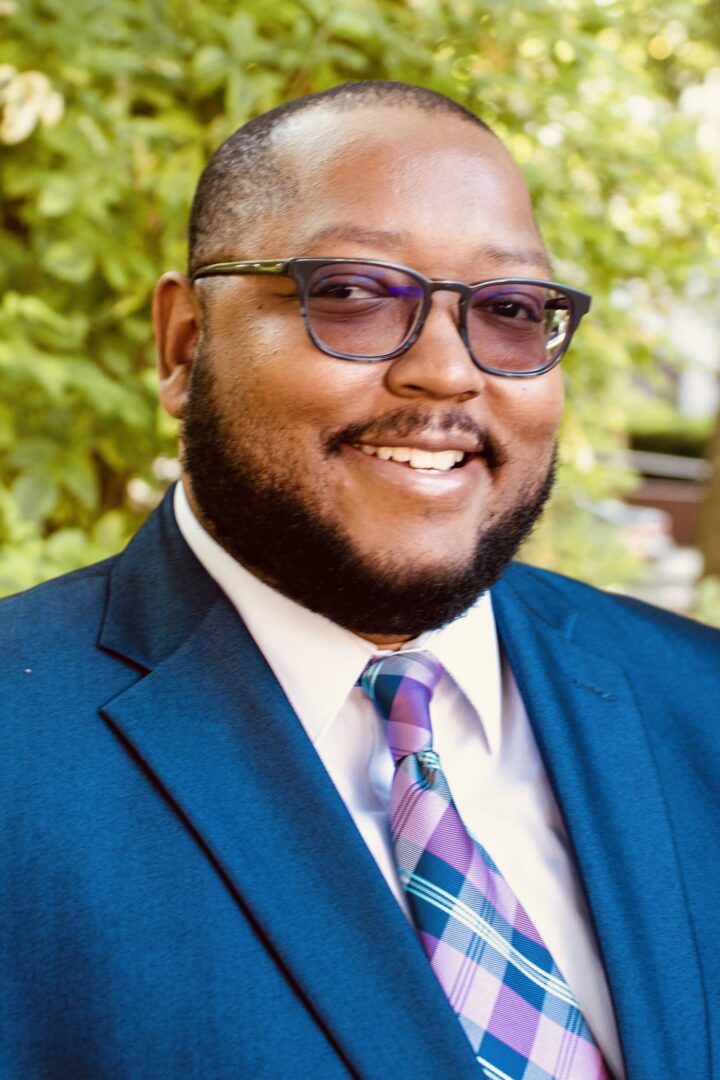
As a black queer man navigating leadership within the nonprofit industrial complex for nearly two decades, imposter syndrome has been an intimate part of the journey. I grew up in rural Ohio with evangelical parents. It was a childhood that didn’t allow much space for a black and feminine boy just trying to find safety in the world. So, at an early age, I drew into myself and became a pretty shy kid who tried to take up as little space as possible as a defense mechanism. Read More>>
Jamie Lammers

To be honest… I still don’t think I have. I pride myself on my ability to learn music quickly, and I love sharing music with an audience, either music I love or music I created. Performing allows me to take on a different side of myself and focus on how that other side feels. Inside, though, I still worry that people won’t see me as good enough. For years, I kicked myself for stumbling on a single note onstage or in video, and when I think about people learning about the mistakes I’ve made in my personal life, I wonder if anyone will see me as worthy of appreciation once they know. Read More>>
Ganika Shree

I’m a medical student, but more than that, I’m someone who cares deeply about people and about making systems work better for those often left out.
Alongside my studies, I’ve dedicated myself to advocacy that spans health, education, gender equity, and climate justice. I’ve worked with youth councils, grassroots campaigns, community health projects, and international initiatives, often juggling multiple roles at once. Whether I’m running workshops, tutoring students, writing articles, volunteering at shelters, or speaking at forums, my goal is the same: to bridge gaps. Between people and services. Between awareness and action. Read More>>
Kim Miller
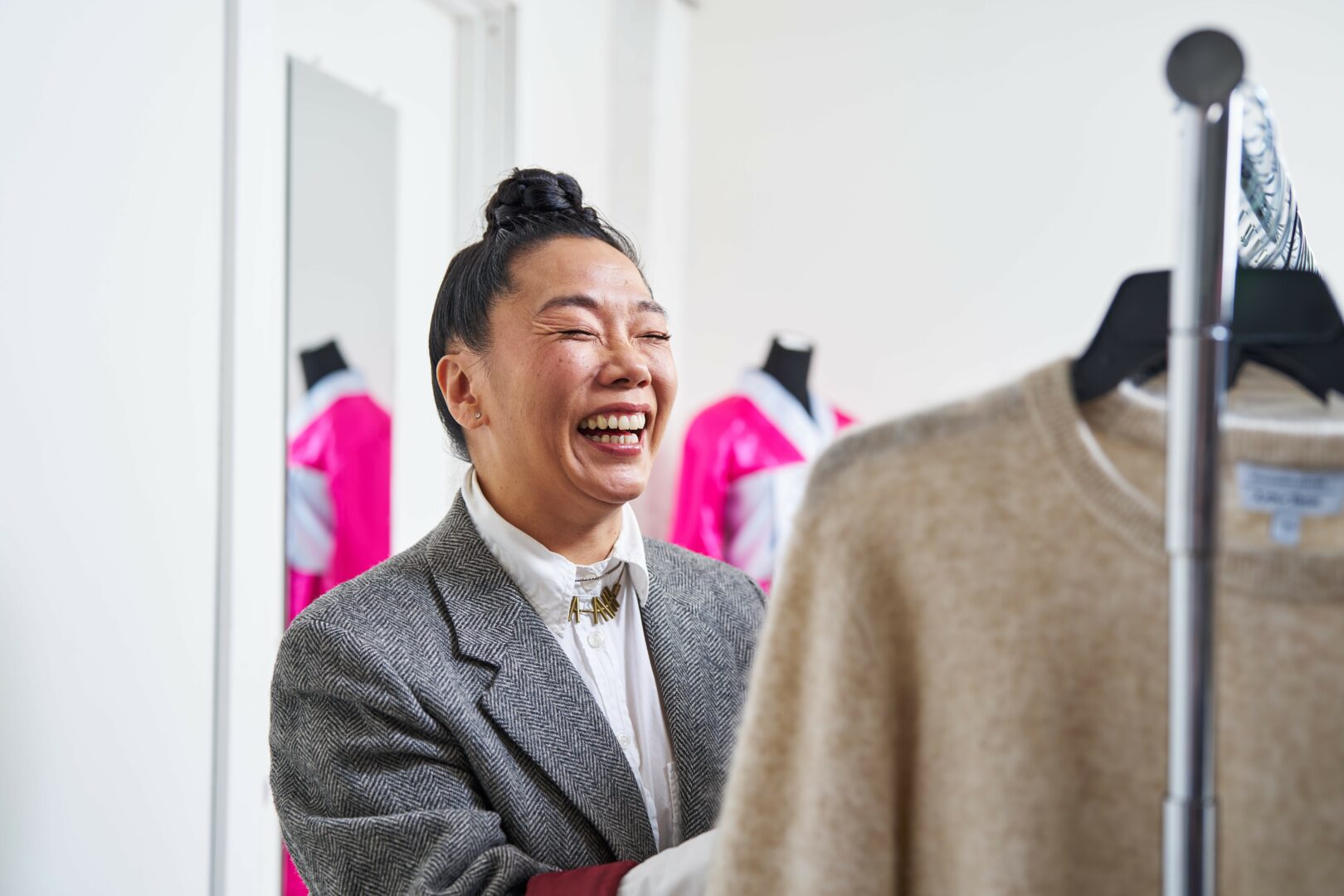
Take a deep breathe. Remember there is a first time for everything. Trust in all the experience that has lead me to where I am at now. Read More>>
Jenelle Jones
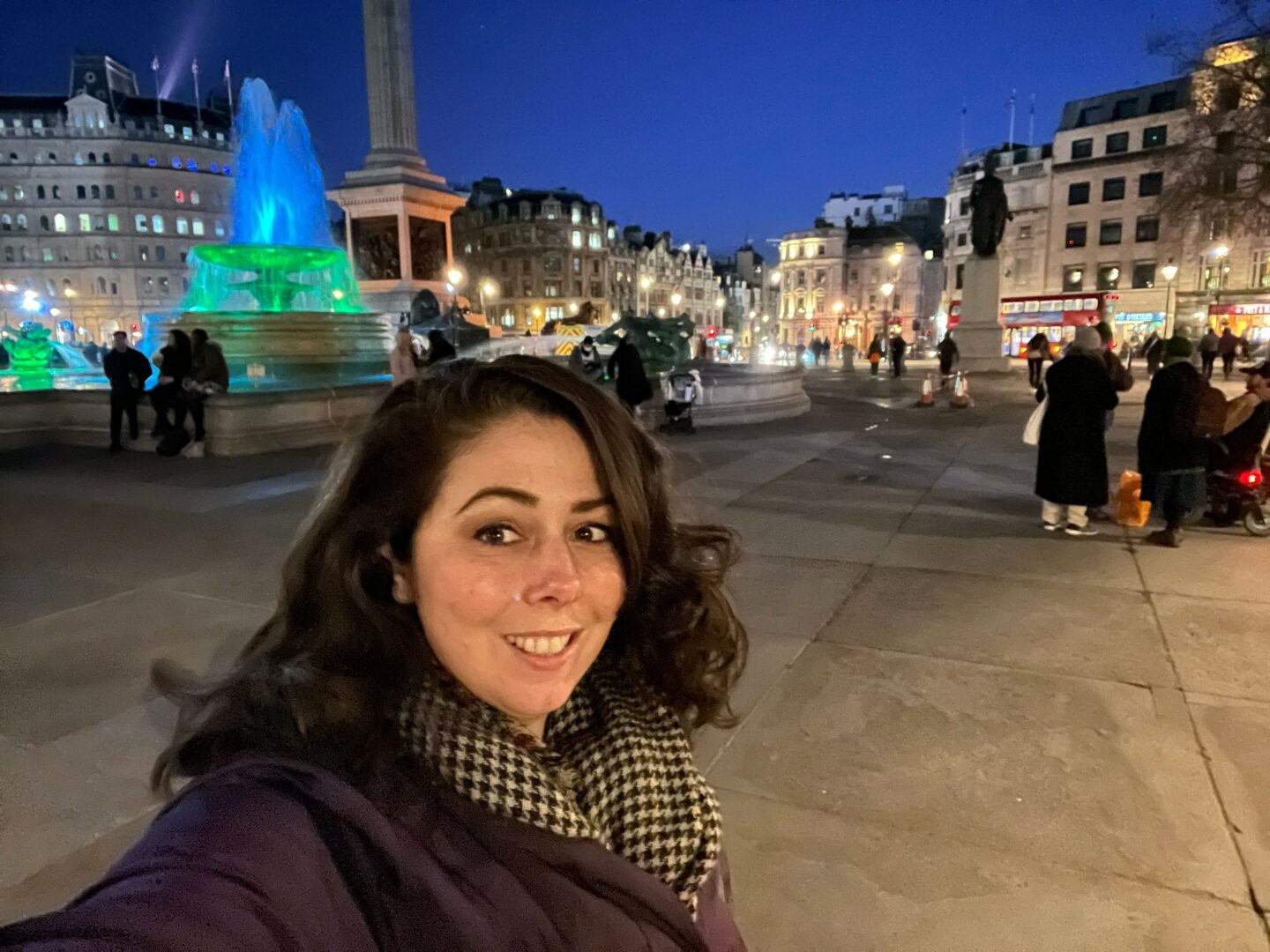
Have I? I’m not sure that I have. This is also something people who have ADHD deal with. So, it could be a life-long battle I guess.
I know I sometimes do things only because I’m supposed to or because others do. Guess it depends on how necessary it is to blend in. I do try to be authentic to the best of my ability. Read More>>
Jeremiah Battle
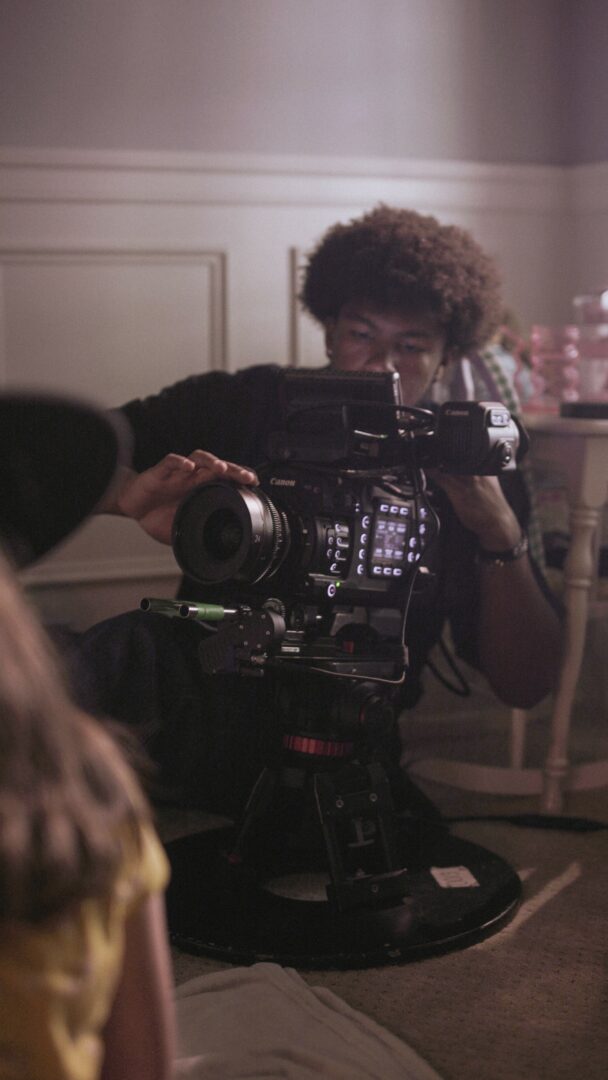
I overcame imposter syndrome by understanding that despite usually being the youngest person in the room, I was equal to those standing around me. Maybe not equal in terms of experience but equal in talent and ambition. Imposter syndrome is simply your mind telling you that you don’t deserve the success or opportunities you’re currentely experiencing. It’s easy to feed into this mindset, to doubt your abilities, to downplay your success, but I learned at a very early age that I did belong, and that belief in myself has allowed me to flourish in spaces that I wouldn’t have if I let imposter syndrome control my steps. Read More>>

